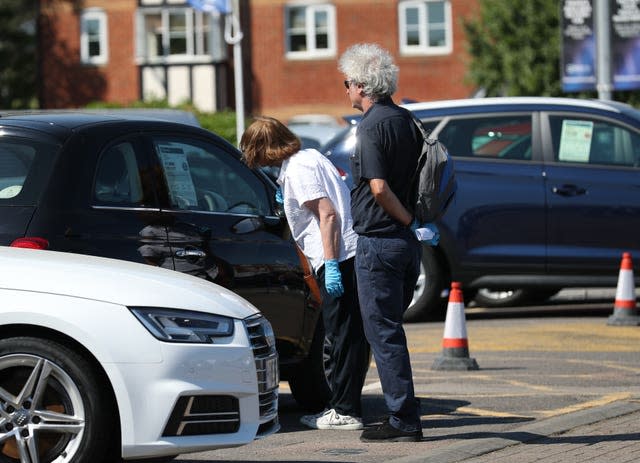Covid-19 has reversed public transport usage as private vehicle use booms
Almost half of global consumers are planning to buy a car in the next 12 months to protect themselves and their families from coronavirus.
A massive study by consultancy firm Capgemini examines global car buying behaviour during the pandemic, and found Covid-19 is pushing a shift towards personal mobility and away from mass transport.
Forty-six per cent of the 11,000 consumers from 11 countries said they plan to buy a car in the next 12 months, up from 35 per cent in April 2020. With no clear end to the pandemic in sight, 87 per cent of respondents said they saw a personal vehicle as the best way to safeguard their ‘safety and physical well-being, alongside that of their families’.

Meanwhile, the number of people avoiding car pool services has almost doubled from 42 to 81 per cent since April, while younger consumers (18-35) are most likely to want to buy a car in the next year at 59 per cent.
Potentially because of financial issues caused by the pandemic, 56 per cent of those considering buying a car have downgraded their aspirations, preferring utility and functionality.
Perhaps unsurprisingly, 85 per cent of consumers want a car with air filters and other well-being-focused features, compared with just 49 per cent last year.
Markus Winkler, executive vice-president for global automotive at Capgemini, said: “The pandemic has increased consumer expectations around hygiene and wellness-related mobility features, along with the digitisation of the vehicle sales and aftersales process.
The automotive industry has to adapt to these emerging needs.
“While the pandemic did affect short-term automotive demand, it has accelerated critical long-term trends: digitisation, electrification, and connected cars. Companies that take the lead in these areas will emerge stronger when the crisis finally recedes.
“Automakers will need to develop engaging in-car experiences like in-vehicle connectivity and driver assistance features and think of new ways to incentivise and stimulate purchase demand. By tapping into emerging micro markets with targeted offers, automotive brands will be able to reach whole new customer segments — much needed in their recovery.”


